Welcome to the Criterion Corner, where we break down some of the month’s new releases from the Criterion Collection.
Twice a year, the Criterion Collection sees fit to gift cinephiles with more money than sense with the grandest of days — their biannual Flash Sales. For a gossamer 24 hours in the spring and fall, all disks (4K, Blu-ray, DVD) are 50% off, cutting most of their voluminous collection of classic and contemporary films from somewhere in the neighborhood of $40 to about $20 for single releases. That’s for the Blu-rays; DVDs are typically down to $15, and their recent expansion into 4K UHDs usually float around $25.
So if you’re reading this anywhere from 12pm EST Tuesday March 21st, 2023 to 12pm EST March 22nd, 2023, there’s still a chance to snatch up some physical media! Criterion’s releases are, as we’ve detailed in this column previously, a film school in a box: beautiful, painstaking new restorations and upgrades, audio commentaries from filmmakers and scholars, a bevy of special features and essays to help craft a more fully-fledged understanding of what you’re watching.
If you’re scanning through their nearly 1200 titles on offer and feeling overwhelmed, fret not — here’s a nifty listicle of a few new releases, upgrades to classic titles, and intriguing box sets that ought to whet any curious film lover’s appetite.
Buck and the Preacher
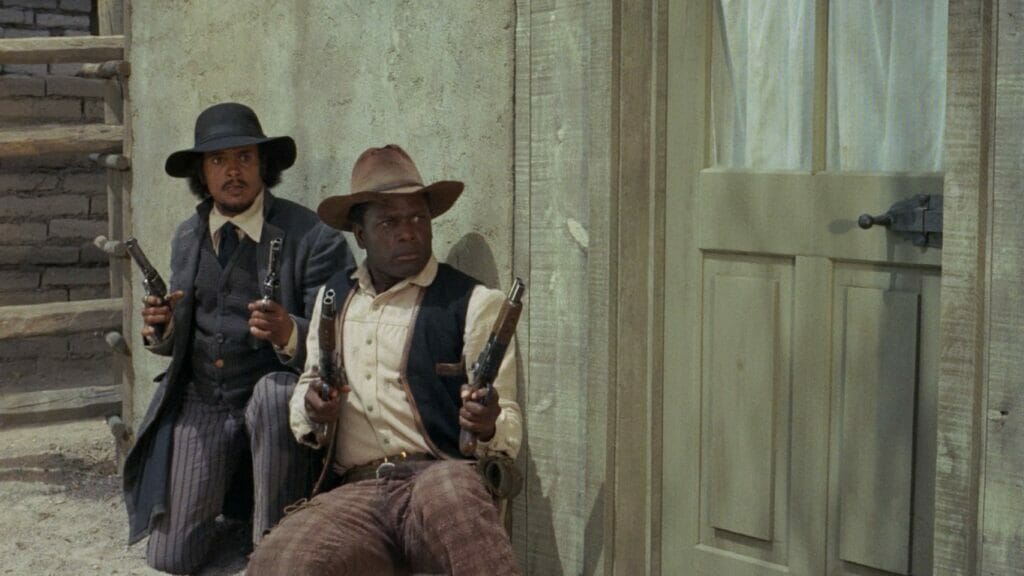
Sidney Poitier decolonized the Western in 1972 with his bracing, grimly funny Buck and the Preacher, a Black Western buddy comedy that forced a hard-as-nails wagon master (Poitier) and a slick conman posing as a man of god (Harry Belafonte) to escort a band of recently-freed slaves to a new life in the West, chasing off white slave-catchers in the process. “The West was not won without us,” Poitier points out in one of the many great interviews in this set (including ones with Belafonte and contemporary talks with Black scholars and Belafonte’s daughter, Gina), and Buck and the Preacher certainly hammers that point home with slick, entertaining efficiency.
Buy it here.
Dazed and Confused
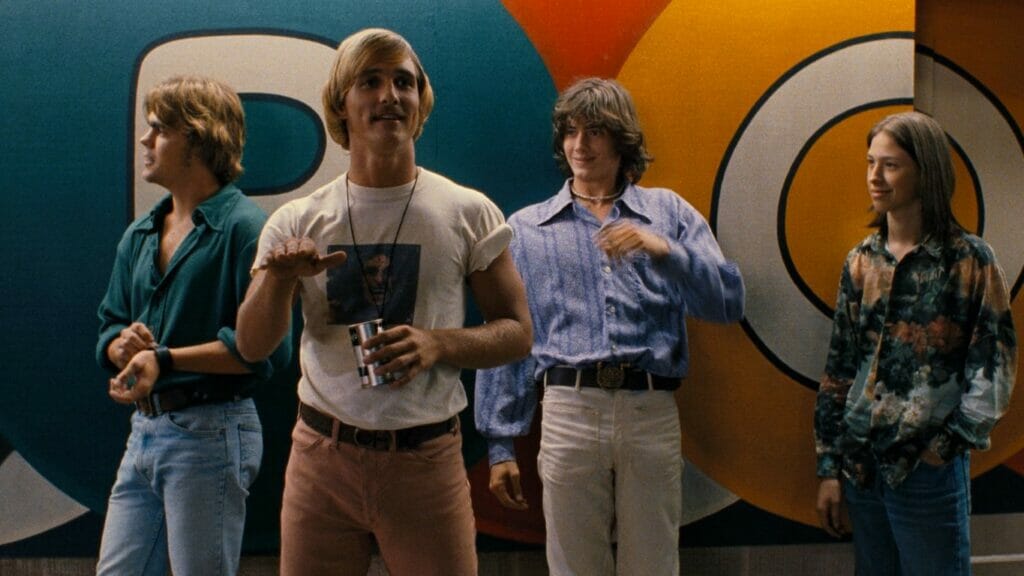
One of the truly great hangout pictures, Dazed and Confused has been in the Criterion Collection for years and years, a rightful celebration of Richard Linklater’s easy, breezy celebration of the end of adolescence in 1970s Austin, Texas. But just last month, they put out a sparkling new 4K edition, based on a new restoration supervised by Linklater, that captures all the pastel costumes, blazing artwork, and booming needle-drop soundtrack that make that movie such a summer balm. (Plus, like many of these 4K releases, it comes with a Blu-ray version anyway, so give it to a friend.) Movies may get older, but Criterion works hard to make them look as new as ever. Yes they do, yes they do.
Buy it here.
Frownland

If you’re still in Safdie Brothers fever after (say it with me, in the Julia Fox voice) Uncut Gems, you might just dig Ronald Bronstein’s grungy, nihilistic indie from 2007, Frownland. It’s a downward spiral of a motion picture, surrounding a socially-awkward loser (Dore Mann’s misanthropic Keith) who continues to destroy himself and his relationships with others in one passive-aggressive outburst after another — captured with grainy immediacy by Sean Price Williams’ DIY camerawork. The Safdies love this picture, as you can see from the Criterion features, including an interview between Bronstein and Josh Safdie (who agrees to the interview, despite being sick on the day, because his subject insists). It’s a study in human misery and pity, but one you just can’t look away from.
Buy it here.
Hollywood Shuffle

Robert Townsend’s pitch-perfect 1987 sketch satire Hollywood Shuffle is more than a series of hilarious gags, delivered with impeccable timing by Townsend, co-writer Keenan Ivory Wayans, and their incredible costars. It’s a shot across the bow at the sorry state of affairs set out for Black people in show business, where Black actors could only hope to play slaves, thugs, or “an Eddie Murphy type.” In similar fashion to the great Weird Al spoof UHF, Townsend takes aim at everything from Rambo to detective films to zombies, and it’s incisive, knee-slapping fun all around. But my fave’s gotta be “Black Acting School,” a commercial for a course that’ll teach you, yes you, to shuck and jive for white audiences with the best of them. (Townsend’s commentary is a must-listen, as is his radio convo with Elvis Mitchell.)
Buy it here.
Imitation of Life
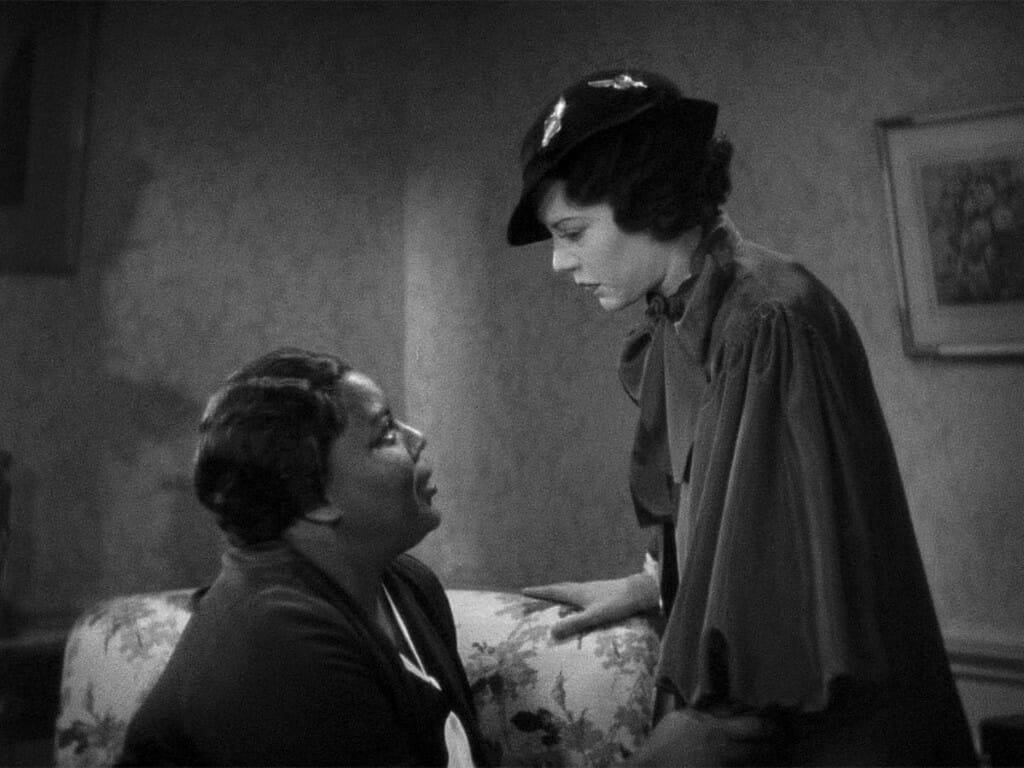
In more earnest, if vastly more dated by today’s standards, commentary on race, there’s Criterion’s recent release of John M. Stahl’s 1934 melodrama Imitation of Life. The film stars Claudette Colbert and Louise Beavers as a pair of single mothers — one white, one Black — joining forces to carve out a slice of the American Dream for themselves and their children. But the complications of American racial hierarchy make their experiences very different, from Colbert’s caring condescension to Beavers’ struggles with a light-skinned daughter (Fredi Washington, tremendous) who prefers to pass for white. Its impact is still keenly felt when you watch it today, staring right down the barrel at the ways misogynoir can destroy lives and how even well-meaning white allies can doom their Black compatriots through sheer ignorance.
And as with so many classic Criterion releases, Imogen Sara Smith is there to guide you through the cultural context of its making, alongside an interview with author Miriam J. Petty about the power of Beavers and Washington’s performances, and a trailer cut exclusively for Black audiences that place Beavers front and center.
Buy it here.
The Infernal Affairs Trilogy
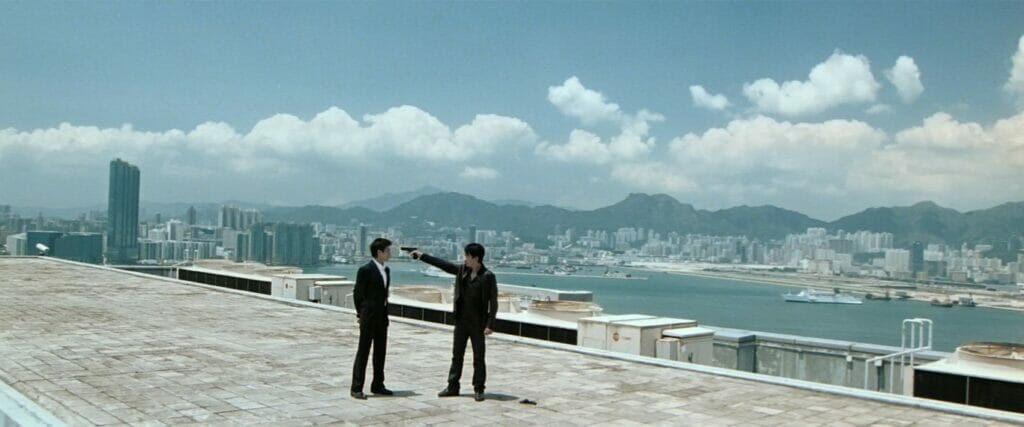
Before Martin Scorsese won the Oscar for The Departed, there were the Hong Kong thrillers that film was based on — Andrew Lau Wai-keung and Alan Mak’s Infernal Affairs trilogy, a Shakespearean crime epic about two men straddling both sides of the law: A cop masquerading as a criminal (Tony Leung) and a criminal masquerading as a cop (Andy Lau). While releasing the first film, a slick, boldly emotional melodrama about the nature of truth and identity, would have been enough, Criterion saw fit to release it alongside its two (admittedly lesser, but still interesting) prequel/interquels, which sketch in intriguing corners of the gunpowder-laden universe of the first. Offering audio commentaries for the first two films is always a nice touch, but we even get an alternate ending for the first film, which makes you wonder how it would have played out in Scorsese’s Boston.
Buy it here.
Inland Empire
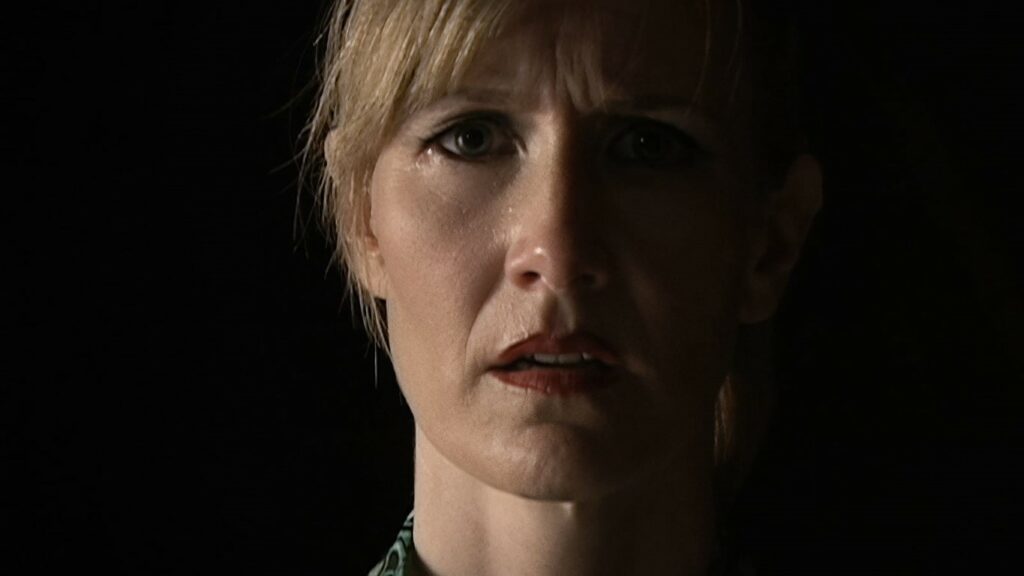
Arguably the crown jewel of this month’s Criterion flash sale, they have finally released what could arguably be David Lynch’s most challenging work (and that’s saying something) — the three-hour, digitally-shot nightmarescape Inland Empire. It starts simply enough, with an acclaimed actress (Laura Dern) hired for a big role opposite her lothario co-star (Justin Theroux), whose advances she consistently fights off. Then halfway through, reality tears itself asunder, and Lynch throws us everywhere from snowy Poland to Hollywood Boulevard late at night to a fake sitcom starring actors in bunny suits. Don’t pretend to understand it; as the special features (including a delightful chat between Dern and fellow Lynch collaborator Kyle MacLachlan) indicate, no one save Lynch truly knows what the movie is about.
But it’s an astonishing look into his fragmented mind, using innovative-for-the-time digital-video techniques to craft something that looks eerie and achievable at the same time. (The new 4k restoration is itself a study in elevating footage without losing its deliberate graininess; the team actually downscaled the original footage, then did AI upscaling, to remove any accidental visual noise, and the results are breathtaking.)
Buy it here.
Lars Von Trier’s Europe Trilogy
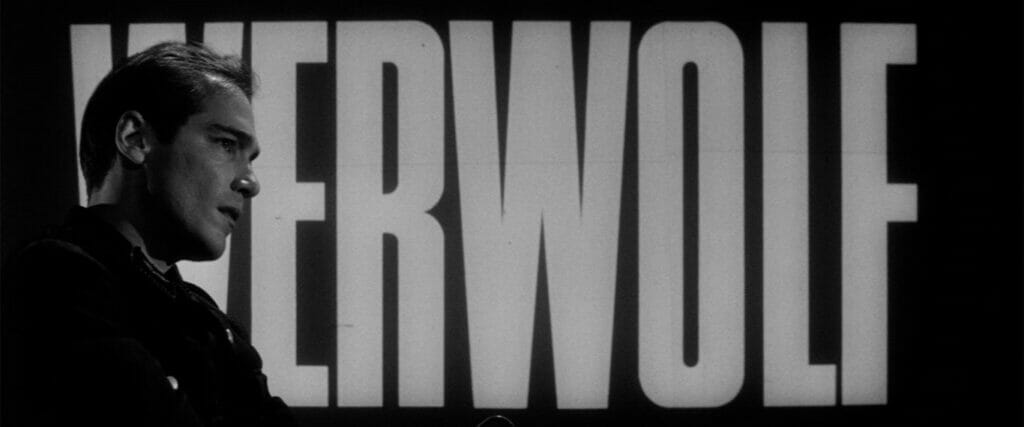
Onto another master of cinematic provocation: Danish director Lars Von Trier, whose first three features — The Element of Crime, Epidemic, and Europa — are finally collected in one set. Separately, they serve as intriguing explorations of Von Trier’s evolving style: The Element of Crime a pseudo-sci-fi neo-noir bathed in oppressive yellows, Epidemic a micro-budget metafilm so in-your-face it literally brands the film’s title as a watermark along the whole thing, and his formally-daring WWII film Europa, featuring a jaw-dropping mixture of color and black and white footage that plays with each other in fascinating ways. But together, they serve as a broader thesis interrogating the horrors of Europe’s past, and how they might ripple out into the present and future.
Buy it here.
Last Hurrah for Chivalry
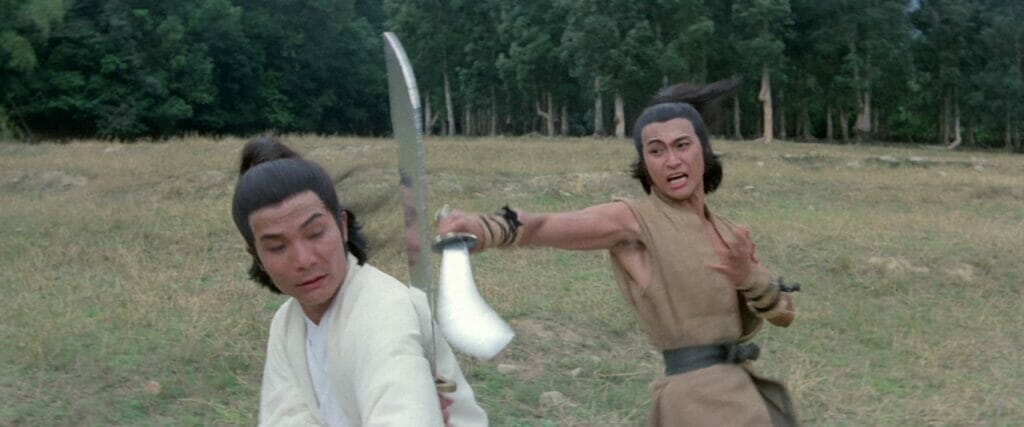
Before he was known as the innovator of the bullet opera, Hong Kong action maestro John Woo tested his mettle (and his twin preoccupations with unlikely bromances and kinetic action choreography) with this fast-paced wuxia picture from 1979. In a nod to martial-arts master Cheng Cheh, Last Hurrah for Chivalry pits a pair of feuding swordsmen for hire (Wai Pak and Damian Lau) against each other, then throws them into the fray against both a mystical warlord and the scheming nobleman (Lau Kong) who’s hired them to exact vengeance. The fights here are as extraordinary as they are creative, including an extended tumble with a guard who can literally fight in his sleep; it’s a must-have for fans of swinging swords and doomed brotherhood.
Buy it here.
Lost Highway
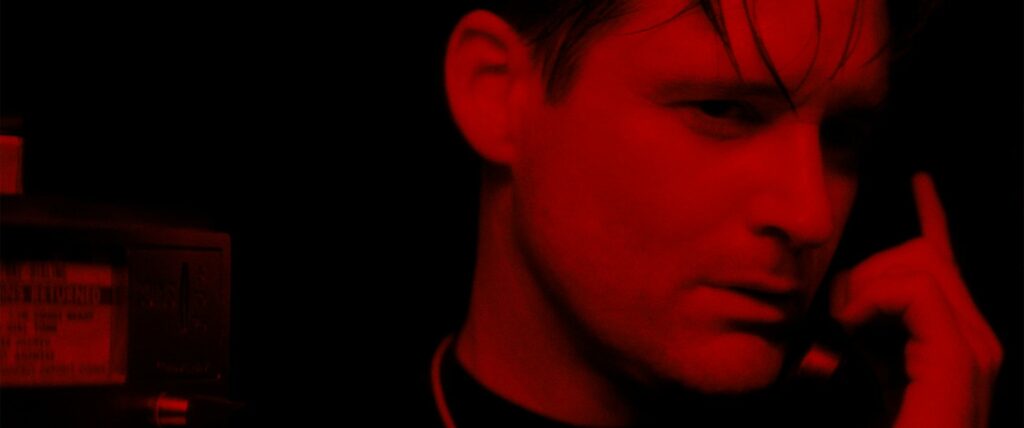
Suppose Inland Empire isn’t enough Lynch for you (and bravo for you!). In that case, Criterion also has a beautiful, haunting 4K restoration of Lynch’s 1997 neo-noir fantasia Lost Highway, in which a jazz saxophonist (Bill Pullman) is wrongly convicted for the murder of his wife (Patricia Arquette) — or is he? — and that’s just the start of Lynch’s surreal provocations. The late Robert Blake as an eerie provocateur with his Cheshire-cat smile, Robert Loggia running someone off the road for tailgating, Pullman turning into Balthazar Getty with no rhyme or reason: It’s signature Lynch. And hardcore fans will dig the disk’s bevy of features, including the feature-length doc Pretty as a Picture: The Art of David Lynch.
Buy it here.
Martin Scorsese’s World Cinema Project, Vol. 4
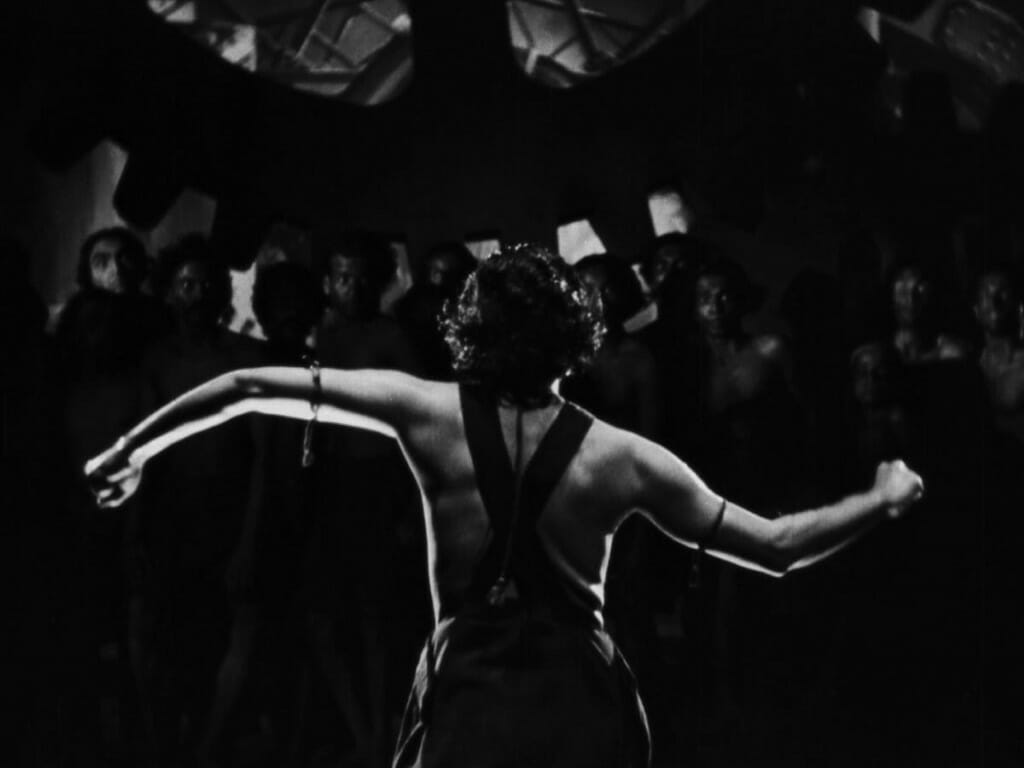
Speaking of Scorsese, one of the most important endeavors as a champion of film preservation is his World Cinema Project, which works to restore and elevate great films from around the world that often go untouched by even the usual arthouse curators. In his fourth volume to date, we’ve got works from Angola (Sambizanga), Argentina (Prisioneros de la tierra), Iran (Chess of the Wind), Cameroon (Muna moto), Hungary (Two Girls on the Street), and India (Kalpana) to work from, each with intros by Scorsese himself to shake you out of the habit of following the same five IFC-approved indie filmmakers. From tales of revolution to stylish murder mysteries to vibrant exhibitions of Indian dance, there’s a flavor for everyone who might want to expand their cinematic horizons.
Buy it here.
Power of the Dog
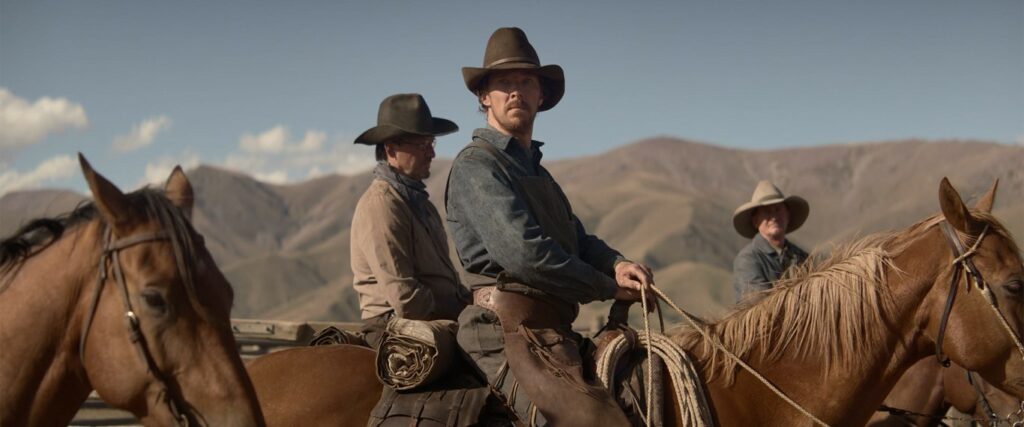
Now Clint, you may ask, why bother wasting my Criterion flash sale on movies from major streamers like Netflix? Well, for one thing, films like Jane Campion’s sumptuous Western drama The Power of the Dog simply look better on a 4K disc than they might on your TV; do you want to trust Ari Wegner’s lush cinematography to the vagaries of your Internet connection? Second of all, you might want to cancel that Netflix sub someday, and then how would you watch this haunting tale of queer desire and psychological torment, with career-best turns from Benedict Cumberbatch, Kirsten Dunst, Kodi Smit-McPhee and Jesse Plemons? I thought so. (Bonus: you get interviews with Campion, composer Jonny Greenwood, novelist Annie Proulx, and others, as well as behind-the-scenes footage and a killer Amy Taubin essay.)
Buy it here.
Sound of Metal
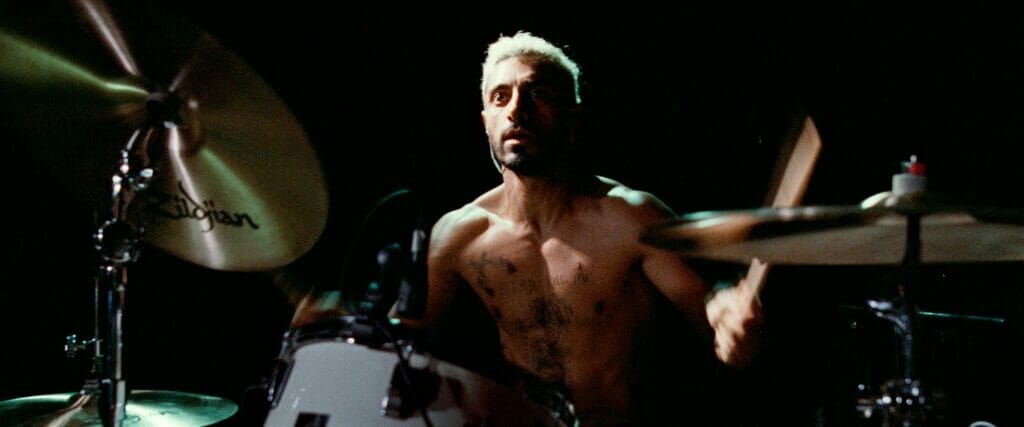
Netflix isn’t the only recipient of Criterion’s curatorial instincts: Prime Video gets a few of their most high-profile titles the Criterion treatment as well. Darius Marder’s Sound of Metal may be one of its best examples, a heartbreaking and earnest odyssey in which a heavy metal drummer (Riz Ahmed, never better, never hotter) attempts to adjust to the sudden discovery that he’s quickly lost most of his hearing. It’s a disability story and an addiction story, and Marder points out the ways that those journeys can often intersect. It’s a film that soaks you in the experience of Deafness, and forces you to contend with the silence that comes from being alone with your own thoughts. The features are also staggering, and there aren’t enough good things to say about the essay from film critic extraordinaire (and occasional Spool contributor) Roxana Hadadi.
Buy it here.